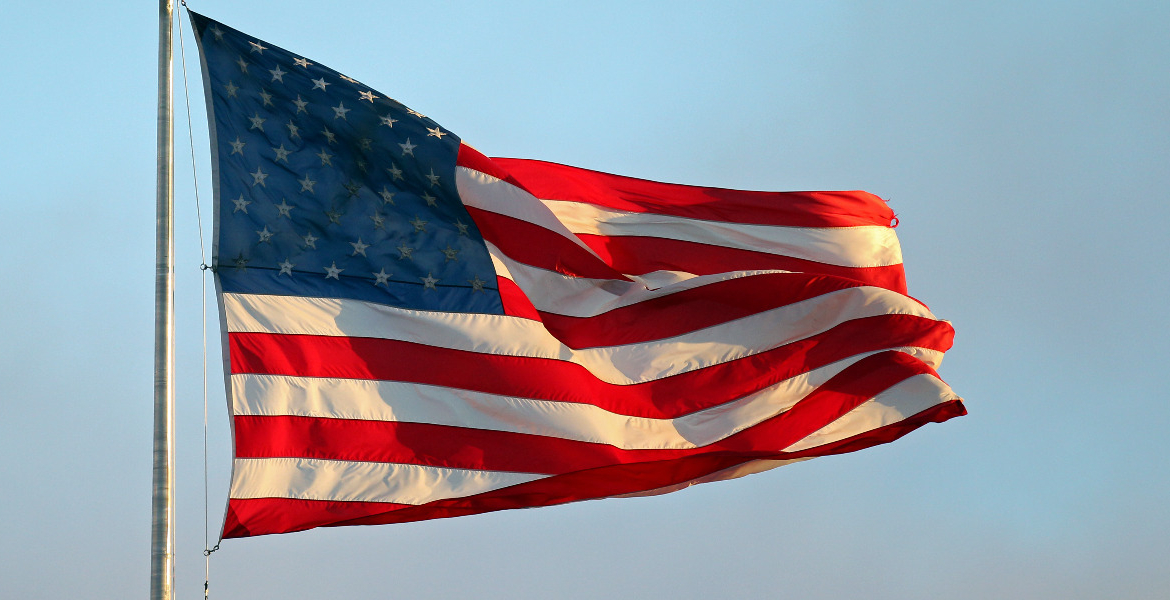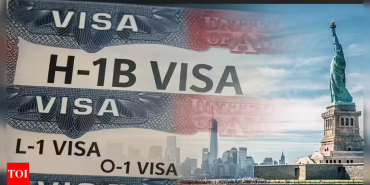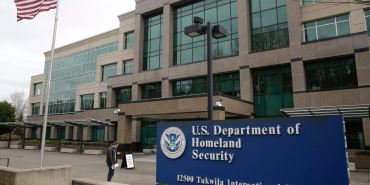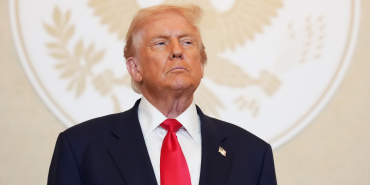US to Reinstate $15,000 Visa Bond for Select Foreign Visitors Starting August 20

The United States is reintroducing a visa bond pilot programme starting 20 August 2025, targeting visitors from countries with high rates of visa overstays.
The initiative, announced by the US State Department on 5 August, requires selected applicants for B-1 (business) and B-2 (tourism) visas to deposit a refundable bond of up to $15,000 as a prerequisite for entry. This policy, reminiscent of a Trump-era proposal from 2020 that was never fully implemented due to pandemic-related interruptions, aims to ensure compliance with visa terms and timely departure from the United States.
The 12-month pilot programme empowers consular officers to assess visa applicants individually to ascertain bond eligibility. The bond functions as a financial safeguard: upon adherence to visa conditions and departure within the authorised timeframe, the full bond amount is refunded.
Conversely, failure to comply or violating visa terms results in forfeiture of the deposit. While the State Department has yet to publicly identify the affected countries, the criteria for inclusion are explicit. The focus will be on nations with high visa overstay rates, inadequate internal screening and vetting processes, or those operating citizenship-by-investment schemes lacking residency requirements.
The citizens of countries participating in the US Visa Waiver Program, including those in Western Europe, Japan, and Australia, are exempt from this bond requirement. The policy marks a noteworthy change in US nonimmigrant visa enforcement strategy.
Historically, consular officers were discouraged from implementing bonds, citing administrative difficulties and public perception concerns. However, the present administration contends that this measure is vital for safeguarding national security and alleviating the financial strain of immigration noncompliance on the federal government.
Critics caution that the bond requirement could disproportionately impact travellers from developing nations, particularly in Africa, South Asia, and Latin America. This additional financial burden may render travel to the US unaffordable for many.








Add new comment